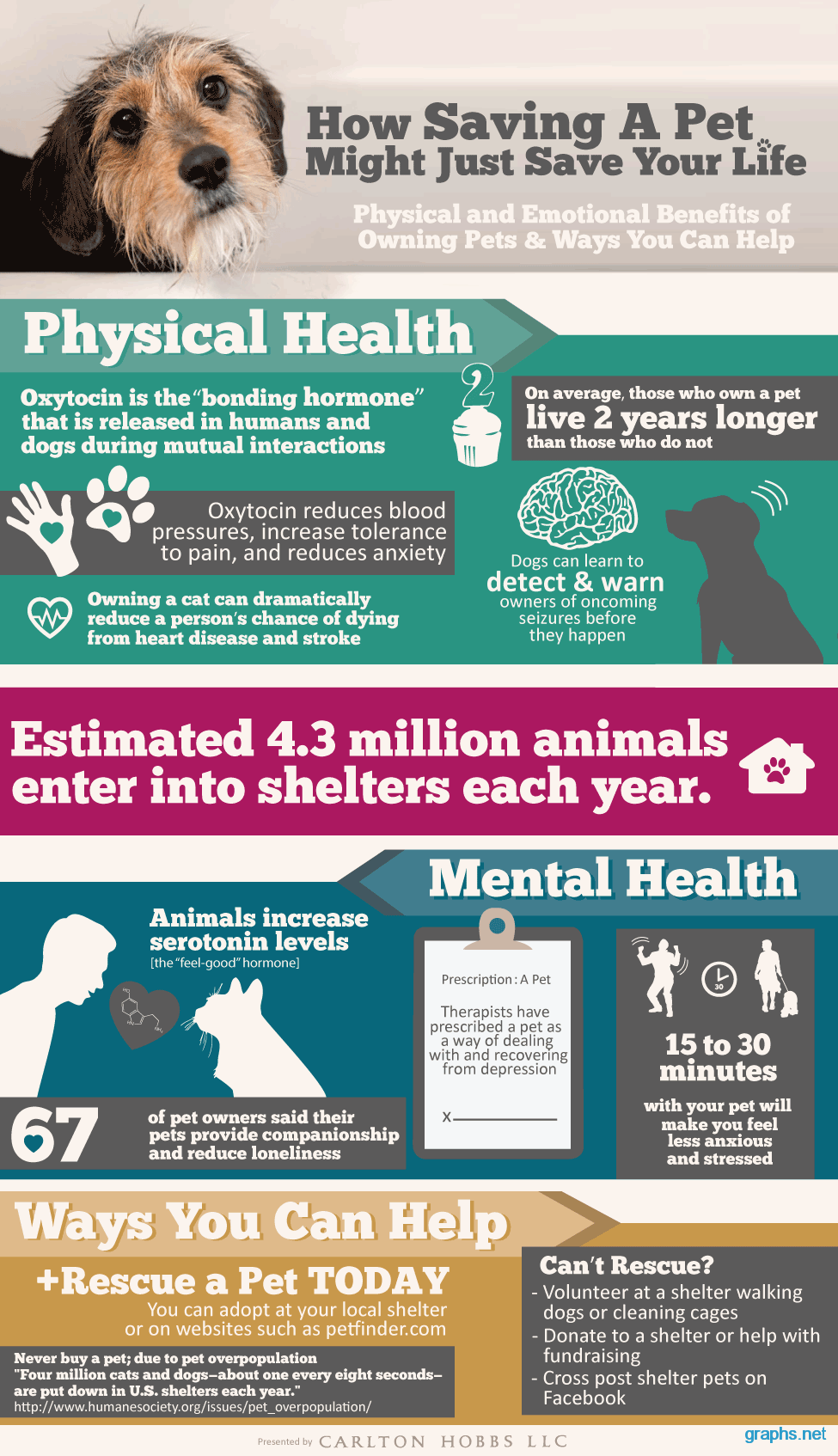Dog Daycare Vs Dog Walker For Busy Owners
Dog Daycare Vs Dog Walker For Busy Owners
Blog Article
Can Canine Childcare Cause Illness?
Opportunities are that if your dog is regularly subjected to other canines, even if they're properly immunized, they may return with some type of ailment. Vaccinations, regular vet examinations, and excellent health practices can decrease danger elements for infection and condition.
Stressed or nervous pets can create stomach troubles and various other wellness concerns that are conveniently spread out in between pets. Developing age constraints and behavior regulations can aid make certain that just healthy and balanced pets enter your facility.
Distemper
Canine distemper is a serious and frequently deadly virus that strikes a pet's respiratory system, digestive system, skin and body immune systems. Pups are specifically at risk and can get the condition with straight contact with an infected animal or through the airborne transmission of infection particles discharged throughout coughing, sneezing or taking a breath.
The incubation period for canine distemper is between 3 and 7 days. While puppies at daycare might appear to capture parvo from one more infected dog, it's unlikely given that the incubation duration is so brief.
While there is no remedy for canine distemper, helpful treatment can assist canines recuperate. This includes liquids, anti-biotics and drugs to regulate seizures. The Drake Center for Veterinary Care notes that signs and symptoms consist of drippy eyes and nose, diarrhea, vomiting, loss of appetite and neurological troubles such as twitching and tremblings. Young puppies need a full inoculation collection and yearly boosters to protect them versus this condition, which is why credible doggy daycare facilities call for updated vaccinations.
Kennel Cough
Kennel Coughing (Dog Infectious Tracheobronchitis) is a highly transmittable upper respiratory problem brought on by germs and viruses. It spreads out with airborne beads from a coughing or sneeze, direct contact, and sharing of infected items such as toys or water bowls. It is endemic in places where several pet dogs are housed close together, such as kennels, canine parks, grooming salons and programs. A number of vaccines are readily available to secure against the virus that trigger kennel cough, and correct health practices can assist prevent infection.
The timeless sign is a dry, hacking coughing similar to that of a goose honk, and the majority of pet dogs recover with little treatment. Nevertheless, severe instances can result in pneumonia, and puppies or pet dogs with pre-existing disease go to higher threat for issues. To speed up recuperation, utilize a harness as opposed to a collar while your canine is recovering to prevent irritation to the windpipe. A humidifier might likewise aid to moisten the air and prevent dry coughing.
Parvovirus
Parvovirus (CPV) is a serious condition in dogs. It is similar to feline panleukopenia (feline distemper), but it's a lot more harmful and can spread promptly among pets due to its exceptionally resilient nature.
This infection strikes the digestive tract cellular lining of a canine, ruining it and causing germs to slough off right into the bloodstream. The weakened immune system and frustrating bacteria lead to septic shock, which is normally fatal.
Luckily, veterinary medical facilities supply reliable therapy for parvovirus. These medications are provided directly into a client's blood stream and targeted towards the certain stress of parvovirus. This therapy technique is highly efficient and helps retrain the body immune system to fight off the infection. Pet dogs with severe signs and symptoms are typically hospitalized for numerous days for monitoring and extensive care to guarantee their survival. Puppies, unvaccinated canines and pets with weak immune systems are especially susceptible to parvovirus. This is specifically true for pups born to stray moms and sanctuary atmospheres, where they are exposed to lots of various other sick and at risk canines.
Pooch Influenza
Dog flu (CIV) is a contagious breathing condition that can be caused by pet dogs sharing infected surfaces or direct contact with respiratory system secretions. CIV spreads conveniently in atmospheres where there are high varieties of pets, such as canine parks, childcares, grooming centers and veterinary facilities.
Infected canines shed the virus with aerosol respiratory droplets when coughing or sneezing, and might contaminate items they enter into contact with like cages, toys, food bowls, leashes and the hands and garments of individuals who handle them. Pets can also be "silent service providers" spreading the virus without dog boarding near me prices revealing any symptoms themselves.
Signs of canine flu consist of nose and eye discharge, cough, fever, anorexia nervosa, and weak point. The infection can proceed to pneumonia, which can be fatal in some canines. PCR viral testing is offered for verification of infection. Preferably, examples (generally deep nasal or pharyngeal swabs) for PCR screening need to be collected within four days of the onset of scientific indicators.